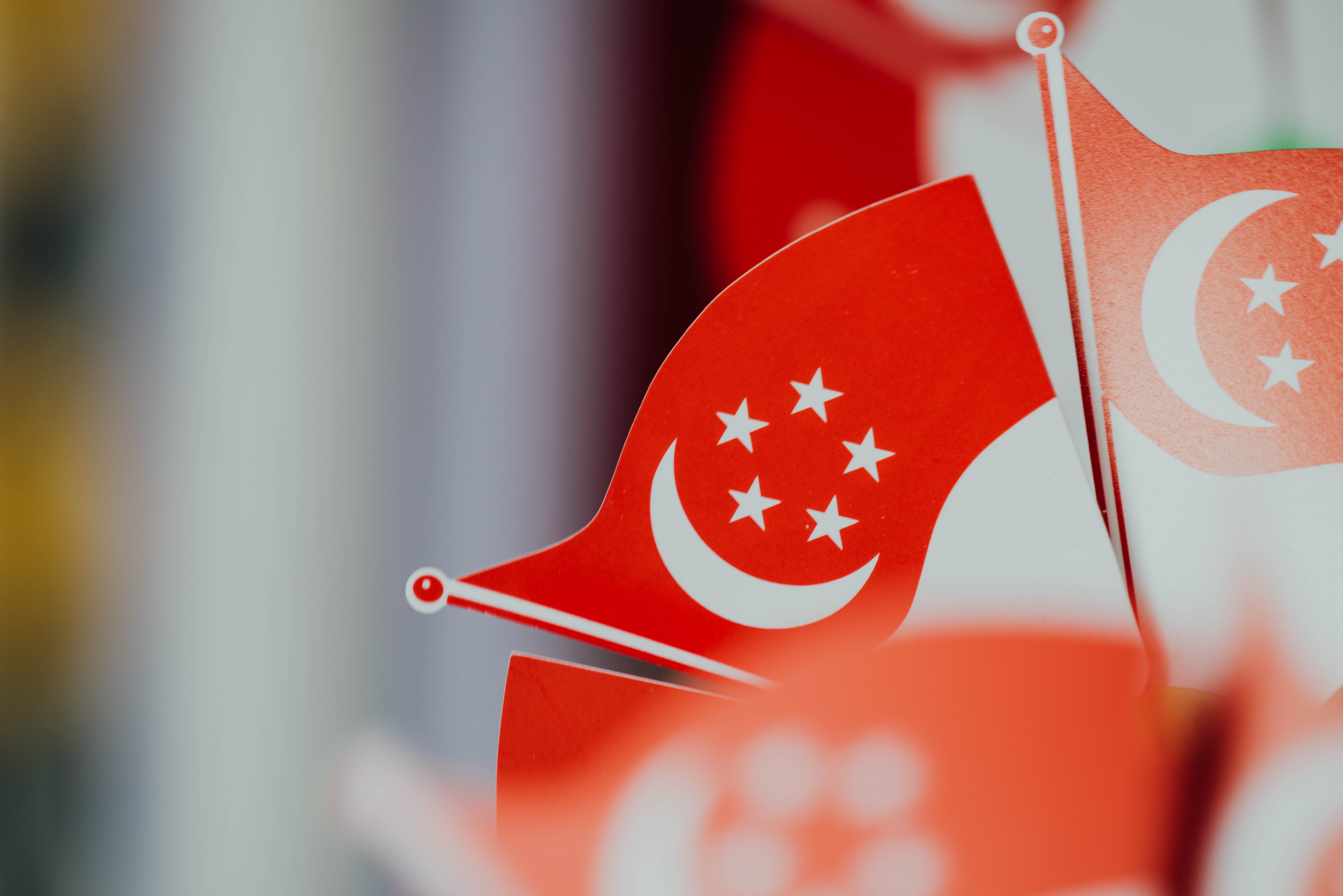“We, the citizens of Singapore,
pledge ourselves as one united people,
regardless of race, language or religion,
to build a democratic society
based on justice and equality..”

Photo by Goh Rhy Yan on Unsplash
Like clockwork, every Singaporean student never fails to start off his/her day at school with this pledge at school. It is this fundamental belief that Singapore is built on meritocracy and equality that leads us to where Singapore is today - a small island state punching above its weight on the world stage, a unique geopolitical entity with no vast hinterland to fall back on but yet a shining beacon of success in almost every way - a strong economy, social stability and a role model of multiculturalism. Over the years, we feel that this sense of multiculturalism has been more entwined with our sense of who we are as Singaporeans, our sense of looking past race and seeing ourselves as Singaporeans first. So is Singapore ready for a non-Chinese Prime Minister? Should we even be asking this question?
Or are the older generations not ready for a non-chinese PM? There has been nothing but an absence of evidence to support this claim. Post-elections, it may even be concluded that the results weaken this assertion. With a 74.62% victory, the Jurong PAP team led by Senior Minister Tharman Shanmugaratnam, a Singaporean Indian, had the highest vote shares of the election [1]. This defining statistic seems enough to dispel any notion that Singapore is not yet quite ready for a non-chinese PM, since an Indian has clearly won the most support over all his Chinese counterparts in other constituencies. To those (especially our international readers) who might assume that Tharman was in charge of an area where there were more Indian than Chinese voters, it is actually quite the opposite. As in every constituency in Singapore, the majority of voters are Chinese!
Race aside, shouldn’t the primary criteria for selecting our Prime Minister boil down to merit? In a society known for its pressure cooker education system, Singaporean students face high levels of stress just to excel in their studies so that they will be rewarded with better opportunities. In a nation that has scarce resources with the exception of its people (labour), these circumstances are understood to be a necessity. Hence, shouldn’t the same standards of meritocracy set in when it comes to selecting our leader? Mr Tharman Shanmugaratnam is the first Singaporean candidate to have been shortlisted for the head position at the International Monetary Fund (IMF) [2]. With even global agencies recognising his talent, it is definitely a shame how his achievements and potential are not better recognised.
Historically, there have been several successful Singaporean politicians from a minority ethnic group. S. Rajaratnam - an Indian cofounder of the People’s Action Party alongside Lee Kuan Yew - played a key role as Singapore’s first foreign minister, in gaining Singapore a seat at the United Nations [3] and not to mention successfully guiding Singapore through the Cold War. Yusof Ishak - a Malay and Singapore’s first president and promoter of multiculturalism especially after the 1964 racial riots [4]. J. B. Jeyaretnam - an Indian and the first opposition politician since Singapore’s independence in 1965 to have been voted into Parliament [5]. Surely, he wouldn’t have been elected if Singaporeans had voted purely along the lines of race? And this list goes on.
Since our independence, several individuals in power from minority ethnicities have been responsible for helping create the success story that we live in today - that of a developed nation. Thus it is unfair and even dangerous to make race an issue on who should lead Singapore, especially in a multicultural society so painstakingly built by our Founders, where we are united by our history and shared experiences. More importantly though, we should identify ourselves as Singaporeans first, regardless of race, language or religion.

Photo by chuttersnap on Unsplash
1- Mungcal, A. (2020, July 11). Singapore GE2020: Live results. Retrieved July 18, 2020, from https://www.straitstimes.com/multimedia/graphics/2020/07/singapore-general-election-ge2020-live-results/index.html
2- Tharman on ‘early shortlists’ for IMF top job amid Lagarde’s departure: NYT. (2019, July 05). Retrieved July 18, 2020, from https://www.channelnewsasia.com/news/singapore/tharman-shanmugaratnam-shortlist-imf-chief-christine-lagarde-11689618
3- HistorySG. (2015). Singapore joins the United Nations. Retrieved July 18, 2020, from https://eresources.nlb.gov.sg/history/events/e2486640-da69-49b5-8803-1a07c27184ec
4- Salleh, N. (2017, May 05). New book on Yusof Ishak launched. Retrieved July 18, 2020, from https://www.straitstimes.com/singapore/new-book-on-yusof-ishak-launched
5- Encyclopaedia Britannica. (2020, January 01). J.B. Jeyaretnam. Retrieved July 18, 2020, from https://www.britannica.com/biography/J-B-Jeyaretnam
Click on this link to share your study or school notes with students across Singapore: https://www.smartguppy.com/why-share
Click on this link to join the SmartGuppy Telegram channel for study tips, strategies and current affairs discussions: https://t.me/smartguppy

